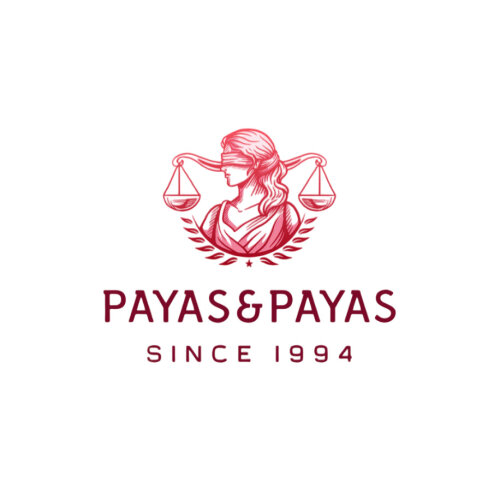Best Child Visitation Lawyers in Izmir
Share your needs with us, get contacted by law firms.
Free. Takes 2 min.
Free Guide to Hiring a Family Lawyer
List of the best lawyers in Izmir, Turkey
About Child Visitation Law in Izmir, Turkey
Child visitation law in Izmir, Turkey governs the rights and responsibilities of parents to spend time with their children following divorce or separation. It aims to ensure the best interests and well-being of the child while maintaining a healthy relationship with both parents. The law emphasizes the importance of maintaining regular and meaningful contact between the child and the non-custodial parent.
Why You May Need a Lawyer
Seeking legal advice from a lawyer can be beneficial in various situations related to child visitation. Here are some common scenarios where legal help may be required:
- Disputes regarding visitation schedules
- Requests to modify existing visitation arrangements
- Interference or denial of visitation rights
- Allegations of abuse or neglect affecting visitation rights
- International child visitation issues
Local Laws Overview
Local laws relevant to child visitation in Izmir, Turkey include:
- The Turkish Civil Code, which outlines the rights and responsibilities of parents during child visitation
- The Law on Protection of the Family, which aims to protect the family unit and ensure the best interests of children
- Article 337 of the Turkish Penal Code, which addresses offenses related to child abduction or prevention of visitation
Frequently Asked Questions
1. Can grandparents obtain visitation rights in Izmir, Turkey?
Yes, under certain circumstances, grandparents may be granted visitation rights if it is deemed to be in the best interests of the child. However, the court will consider various factors before making such a decision.
2. Can visitation rights be modified in Izmir, Turkey?
Yes, visitation rights can be modified if there is a substantial change in circumstances or if it is in the best interests of the child. However, any proposed modifications should be agreed upon by both parents or approved by the court.
3. What should I do if the other parent is denying visitation?
If the other parent is denying your visitation rights, it is advisable to consult with a lawyer who can help you take legal action. The court can enforce visitation rights and take measures to ensure compliance with the visitation agreement or court order.
4. Is mediation available for child visitation disputes?
Yes, mediation is available as an alternative dispute resolution method for child visitation disputes. It can help parents reach a mutually acceptable agreement regarding visitation schedules and other related matters.
5. How can I request supervised visitation?
If you believe that supervised visitation is necessary to ensure the well-being and safety of your child, you can file a motion with the court explaining your concerns. The court will evaluate the situation and determine whether supervised visitation is appropriate.
Additional Resources
For further information or assistance with child visitation in Izmir, Turkey, you may find the following resources helpful:
- Izmir Family Court website
- Izmir Bar Association's Family Law Committee
- Turkish Ministry of Justice website
Next Steps
If you require legal assistance in child visitation matters in Izmir, Turkey, it is recommended to:
- Gather all relevant documents and information pertaining to your case
- Consult with a knowledgeable family law attorney specializing in child visitation
- Discuss your specific situation and concerns with the attorney
- Follow their guidance and instructions throughout the legal process
- Attend court hearings and provide any required documentation
- Cooperate with the other parent and the court to find a resolution that prioritizes the child's best interests
Lawzana helps you find the best lawyers and law firms in Izmir through a curated and pre-screened list of qualified legal professionals. Our platform offers rankings and detailed profiles of attorneys and law firms, allowing you to compare based on practice areas, including Child Visitation, experience, and client feedback.
Each profile includes a description of the firm's areas of practice, client reviews, team members and partners, year of establishment, spoken languages, office locations, contact information, social media presence, and any published articles or resources. Most firms on our platform speak English and are experienced in both local and international legal matters.
Get a quote from top-rated law firms in Izmir, Turkey — quickly, securely, and without unnecessary hassle.
Disclaimer:
The information provided on this page is for general informational purposes only and does not constitute legal advice. While we strive to ensure the accuracy and relevance of the content, legal information may change over time, and interpretations of the law can vary. You should always consult with a qualified legal professional for advice specific to your situation.
We disclaim all liability for actions taken or not taken based on the content of this page. If you believe any information is incorrect or outdated, please contact us, and we will review and update it where appropriate.












